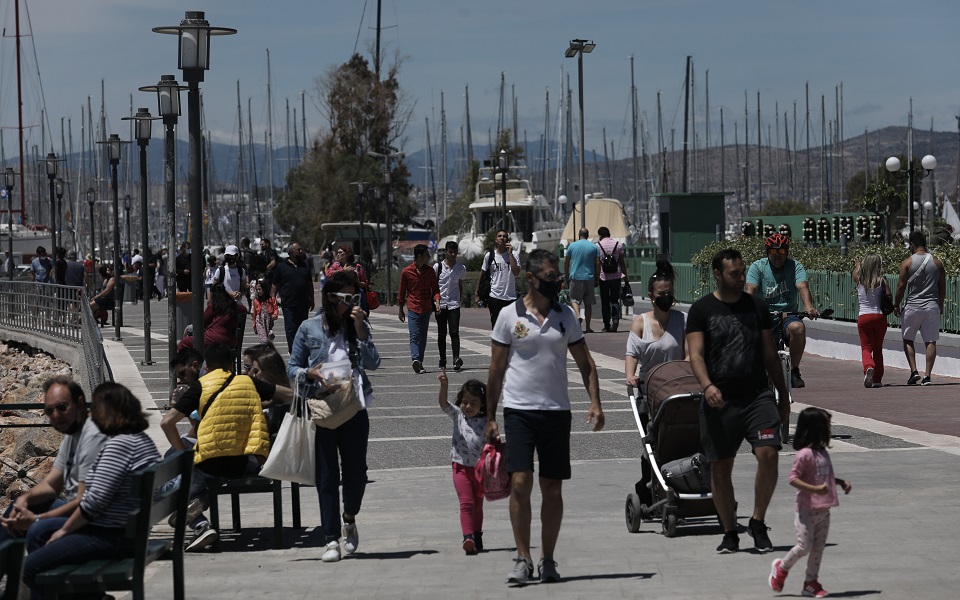Progress and the jungle

What do we tend to overlook when talking about the new labor legislation? Its importance to gender equality in the workplace. Apart from ratifying the International Labor Organization’s convention on sexual harassment in the workplace, the law introduces (in accordance with the relevant 2019 European Union regulation) 14-day paid paternity leave, parental leave of four months for both parents (two months of which are funded by the Manpower Organization) and protection from redundancy for fathers for six months after the birth of their child.
The law also foresees other types of leave for carers, but the paternity and parental leave for fathers are milestones in gender equality, as they also serve to lift important barriers to the hiring of women and promote an equal distribution of the responsibility of childcare in the home – thus the right to equality in labor and in the pursuit of responsible jobs.
So, what does the new legislation not cover? The chasm in parental rights between workers on a payroll and self-employed professionals – and it is a significant chasm. The only coverage for new self-employed mothers is a stipend of 150 euros a month for four months and a break of a few months from social security contributions, which means that they have to pay for the time they are away from work out of their own pockets – and dearly too. “If I get pregnant, I’ll go bust,” a businesswoman told Women On Top in its upcoming study on the gender funding gap in business.
Self-employed fathers, in the meantime, have no coverage whatsoever and are also unable to share the responsibility of raising their child with a partner in its first few months.
What this means is that going into business is risky if not downright prohibitive for young women and self-employment in Greece is still a jungle when it comes to the right to equal participation and representation. If this does not change, the conversation about promoting female entrepreneurship is nothing short of theory and hype.
The thorn, of course, is who will pay so that self-employed new mothers have the same benefits as salaried ones. Other countries in the Organization for Economic Cooperation and Development (OECD) have a system either of mandatory contribution paid by all self-employed professionals or of voluntary payments made by those who want to cover themselves for future parental or other caretaking needs. In Greece, for the time being at least, neither is the case.
Stella Kasdagli is a co-founder of the nongovernmental organization for professional empowerment Women On Top and a writer.





